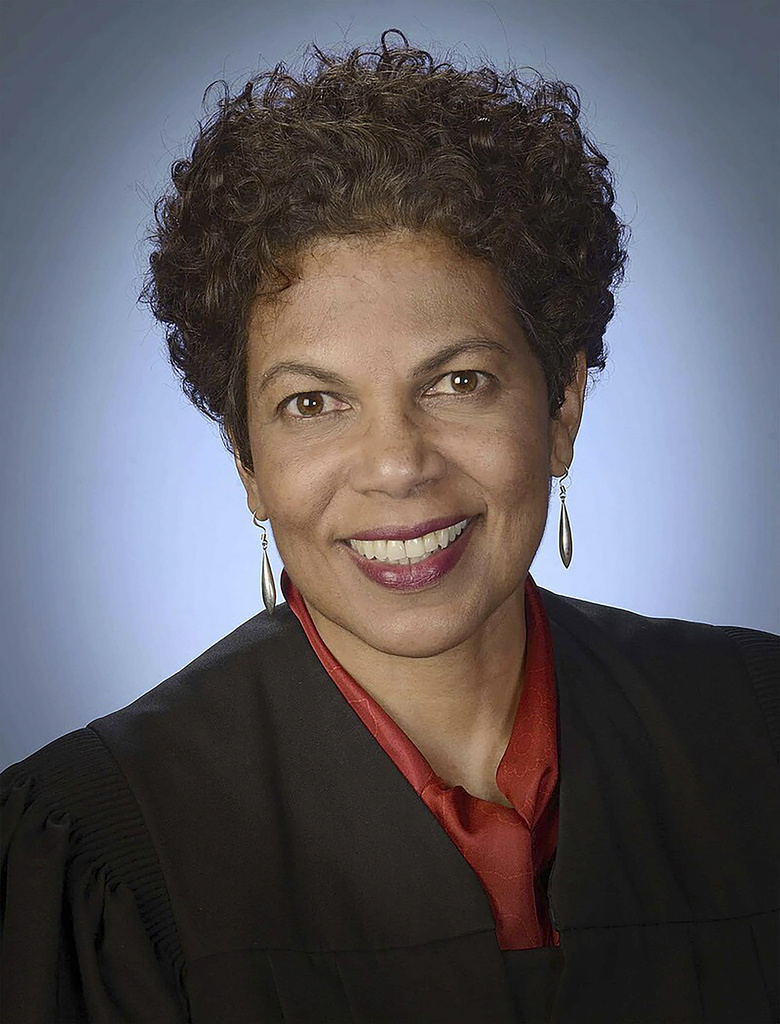Judge Chutkan, Invoking Ghosts of Watergate, Declines Trump’s Invitation To Recuse Herself
Judge ‘Maximum’ John Sirica, who waded into Watergate, emerges as a template for Judge Chutkan.

Judge Tanya Chutkan isn’t going anywhere — she could see herself as an heir to Watergate’s judicial muckrakers, if her newest ruling is any indication — and that could mean President Trump will soon have to watch his words when it comes to the charges he faces in respect of January 6.
The jurist’s rejection of Mr. Trump’s motion that she disqualify herself means that she will continue to preside over the case brought by Special Counsel Jack Smith. Her refusal to recuse shifts the spotlight to Mr. Smith’s entreaty that the former president be limited in his ability to discuss the trial.
In opting to stay on the case, Judge Chutkan acknowledges that “recusal requirements serve vital purposes” but also notes that “justice also demands that judges not recuse without cause,” because motions for disqualification can, as another District of Columbia judge has noted, be “wrongfully deployed as a form of judge shopping.” Judge Chutkan begins with the “presumption that judges are impartial.”
Mr. Trump’s claim that this presumption should not pertain to Judge Chutkan stemmed from comments she made at sentencing hearings for two other January 6 defendants. She told one, Christine Priola, that the “people who mobbed that Capitol were there in fealty, in loyalty, to one man — not to the Constitution,” who “by the way, remains free to this day.”

The judge told another defendant, Robert Palmer, that the “people who exhorted you and encouraged you and rallied you to go and take action and to fight have not been charged.” She added that the “issue of who has or has not been charged is not before me. I don’t have any influence on that. I have my opinions, but they are not relevant.”
The Supreme Court, in Liteky v. United States, held that comments made in a courtroom setting “do not constitute a basis for a bias or partiality motion unless they display a deep-seated favoritism or antagonism that would make fair judgment impossible.” The high court reasons that forming opinions in court is precisely the thing judges are paid to do.
Judge Chutkan asserts that her statements critical of Mr. Trump were not formulated “from watching the news,” as Mr. Trump asserted, but rather were conceived in a courtroom context and “directly reflected facts proffered and arguments made.” She reminds the former president that “when imposing a sentence, courts routinely assess whether the defendant’s actions were affected or influenced by other people.”
The jurist’s defense of her conduct centers on Priola’s and Palmer’s search for a “lower sentence on the grounds that their culpability for the January 6 attack was lesser than that of others whom they considered to be the attack’s instigators, and so it would be unfair for them to receive a full sentence while those other people were not prosecuted.” In that context, she claims she was obligated to assess Mr. Trump’s role before he was charged.
Watergate appears to be weighing on Judge Chutkan’s mind. She accuses Mr. Trump of a “hypersensitive, cynical, and suspicious” posture towards her partiality — that quote is from the prosecution of President Nixon. She also invokes Judge John J. “Maximum John” Sirica, who was so-called for his harsh sentences and who presided over United States v. Haldeman, and unearthed the full scope of Watergate.
In the course of that trial, Judge Sirica “expressed a belief that criminal liability extended beyond the seven persons there charged.” Judge Sirica’s persistence, as the Sun has put it, “brought down the Nixon administration.” He “broke through the prosecution’s attempt to focus solely on the Watergate break-in itself rather than the conspiracy.” President Nixon’s chief of staff, H.R. Haldeman, would serve 18 months in prison.
A motion for recusal was filed against Judge Sirica, and on review the United States Circuit Court for the District of Columbia Circuit discerned that no “disabling prejudice [can] be extracted” from his “dignified though persistent judicial efforts to bring everyone responsible for Watergate to book.”
Here, Judge Chutkan reasons, “there is even less reason for this court to recuse” than there was for Judge Sirica. It is possible, though, that Judge Chutkan sees in the departed jurist less a path not taken than a template to follow, not least in resisting recusal.

